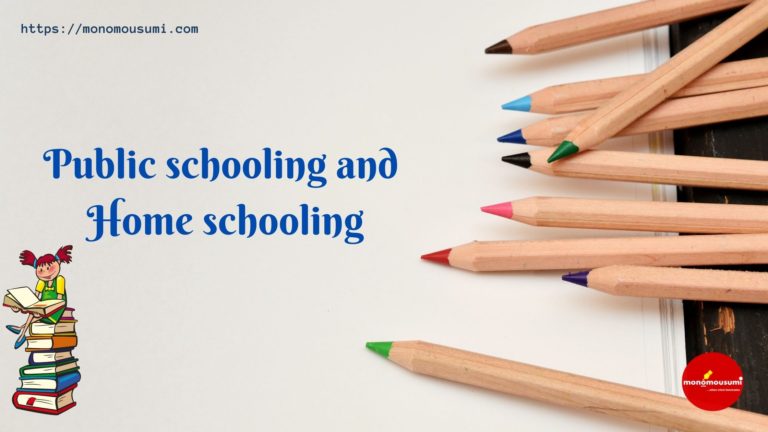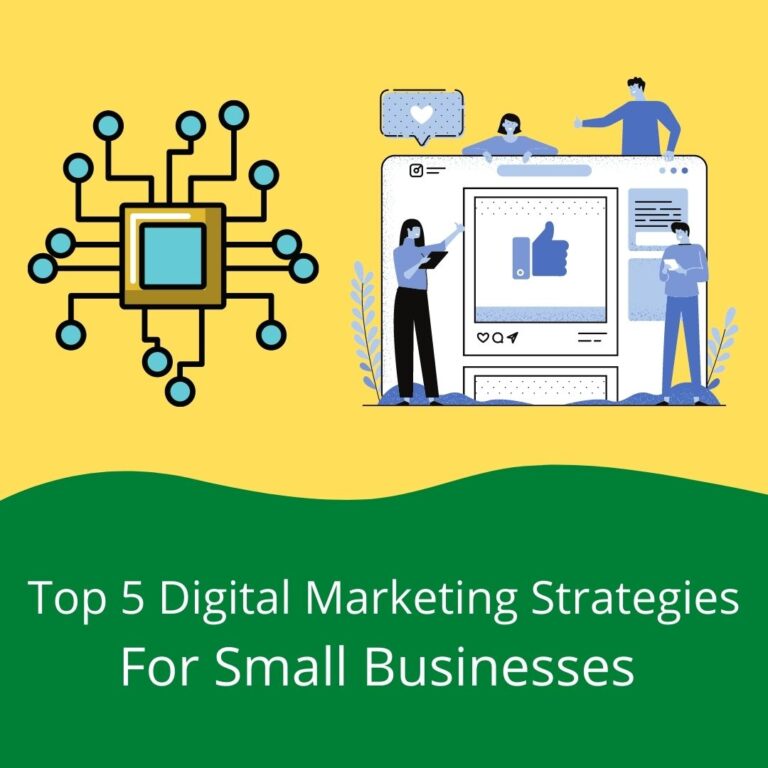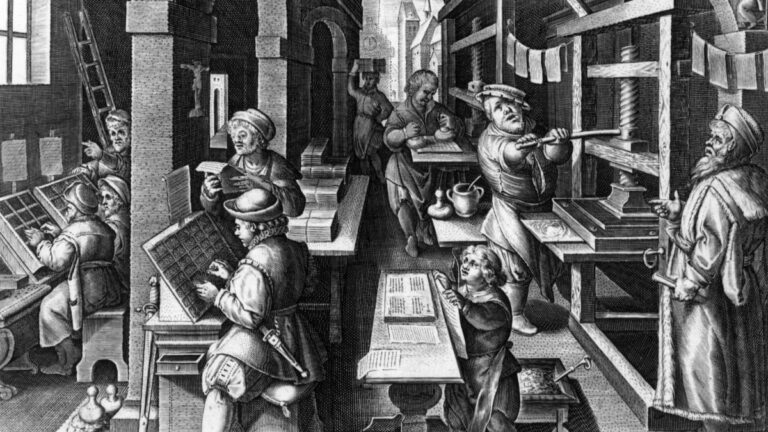From a distant vantage point, through the lenses of History, no individual or family or community or society or a nation has records of being relatively unsusceptible to the evils of Discrimination. This nefarious bustle survived through centuries and is the sole fountainhead for all great battles and wars that the world has ever seen. Over years, discrimination has undergone a sea change and evinced brutality through different forms that greatly affected the world. Every hero and coward, every king and peasant, every coloured and white, every ideology and opinion, every invention and discovery in the history of our species has lived through this flux of stereotype and prejudices.
On this very soil that embraces the sunbeam, a motif of hope that things would be better today than they were yesterday, think of the worst deluge of bloodshed and cruelties confronted by species who put their minds into their accentuated differences and observe their superiority. Discrimination isn’t something new to the contemporary world. It is a platitudinous weapon for all vengeance. Discrimination always has two players: The victims and the victimizers. Discrimination in its true sense denies the moral good to a specific group or community of people based on religion, colour or gender. Beyond its immediate denotation, discrimination has a connotative power. For the most part, discrimination is commonly mistaken with expressions like Stereotype and prejudices. But there is a thin membrane of difference.
A stereotype is a cognitive image adopted about certain things or individuals or a group, presumed mostly on religion, culture, or gender. This image may not reflect reality but mostly otherwise. Prejudice, on the other hand, is an attitude that builds upon the stereotype. This perspective comes about when we anticipate respect or scorn based on the stereotypes we believe to be true about that community or group. Discrimination stems from the amalgamation of these two and involves exploitation and unfair treatment towards the deemed inferior class. Prejudice is a consequence of the mind whereas Discrimination is a result of an action. Discrimination often leads to emotional turbulence, which led to the greatest revolutions and wars that saturated history.
Many people often believe that Discrimination has diluted its presence and is on the verge of extinguishing. But has it really? If it has, why is the internet flooding with hate messages and tweets? Why did the Black Lives Matter germinate again? Why is the middle east still on the boil? Why is there a need for a regulating body like the UN to check on countries for peace? Certainly, this conundrum has a border platform of contemplation. But there are simple questions we must ask ourselves if we have ever called anybody a name, judged them even before we knew them. Such misinterpretation often knocks down something. something as simple as feelings.
CAUSES OF DISCRIMINATION:
The horrors of discrimination still vex the world. It takes different forms and the modern world is no exception. The most common discrimination we have seen or heard of are racial, gender, religion, sex, age, disability etc. These forms are further categorised as direct, indirect and institutional discrimination. If a victim is adversely oppressed directly on the grounds forbidden is categorised as direct discrimination. All the forms we have mentioned above fall under this category. Indirect discrimination refers to a situation in which an apparently neutral provision or practise is discriminatory in its effects. Besides these two, when institutions such as company or society as a whole upheld the practice that produces discriminatory effects fall under the category of institutional discrimination. None can forget the Apartheid movement, the idea that prolonged the discrimination against the coloured in Africa for many years is quintessential of institutional discrimination.
Even though there is no clear conclusion on the cause of discrimination there is a wide consensus that it follows a particular pattern of behaviour. And It all begins in the family. This particular company lays a foundation to manifest the attitudes within children. Decisions in families are often biased and children dwell in these opinions and often reflect them in their encounters with society. Adding to this, a tint of tolerance towards the biased media projection and coverage, casting genuineness in discrimination. Remember, Discrimination can only be reduced and not removed. Because the world runs on choices. But how liberal can these choices be? how can we reduce discrimination?
MEASURES:
In this context, society often inclines towards education that promotes multicultural interactions either directly or indirectly and legislation to encourage civil rights and enlighten revolutions to emerge and provide a cornerstone to take the edge of discrimination. This placed a great emphasis on the introduction of the Magna Carta in the 11th century, to the present Fundamental rights embraced by every constitution. But something that society often turns a blind eye to in the area of alleviating discrimination is something regular and undemanding. Something as simple as relationships with a genuine feeling of love that can be fostered and strengthened.
The effects of discrimination are reflected in the social, political, economic and psychological spheres. It hits hard on self-esteem, leads to ostracisation when felt out of the wider domain and economic inequalities. Ethnic hostilities are a major reason for turbulence both within the nation and amongst nations. In the wake of these situations, many international moral orders emerged. Comparatively the present generation to some extent exhibits a zero-tolerance approach towards discrimination. Though there is not much universal approach, it is evident that international consciousness is emerging and intensifying. But, Is discrimination necessary?
To answer that we must accept that motives like sexism, homophobia and religious atrocities have been significant issues over centuries. To rid them, legislation has exhibited a bias towards these vulnerable communities to provide opportunity throughout the world. In this situation, the governments have manifested positive discrimination to upheld the motive of equality and equity together with fraternity and liberty. These legislations help the victims of discrimination develop a strategy of survival. Owing to this encouragement, The UN has framed many legislations and established institutions that promoted world peace and harmony. In the wake of this emerged ZERO DISCRIMINATION DAY observed every year on the first of March. It came into picture in the year 2014. Not many are aware of this day but the UNAIDS is calling for an end to discrimination against women and children more specifically. The day focuses to promote equality before the law and is a built-in resistance to tolerance to discrimination. But let us try to expand this spectrum to every victim of discrimination in any form. This is because we cannot deny the fact that discrimination in any sense would always torment the collective existence of humanity.
Discrimination is a threat to society and destroys the social fabric. It is a menace. It is a reflection of Violence against personal liberty and identity. It is happening everywhere throughout the world, from one end to another in every form possible. Many laws have emerged to fight against discrimination, governments have established many institutions and programmes to help build a platform- rid of discrimination. But of all the major considerations is the power of parenting. Parents often teach children to think and act as they do. But if only we could raise our children to not discriminate against others and love everyone with no biases, erase the fear of “minor”, “marginal” or “other” only then the world could be a better place. Love overrules hatred, so let’s love everyone and teach everyone to love. It’s not the time to sit back and feel helpless and let things happen rather continue to fight for a better future because it is always possible if you are willing to work for it.
By Nangu Gangotri, Hyderabad


